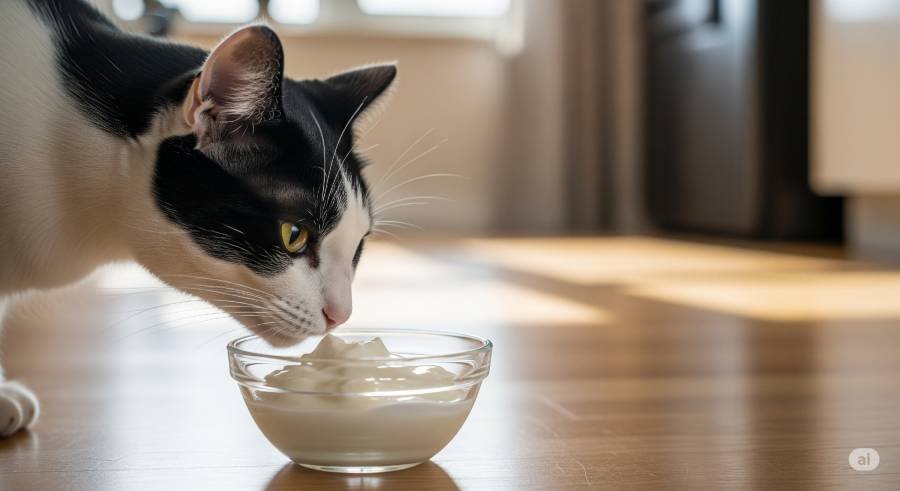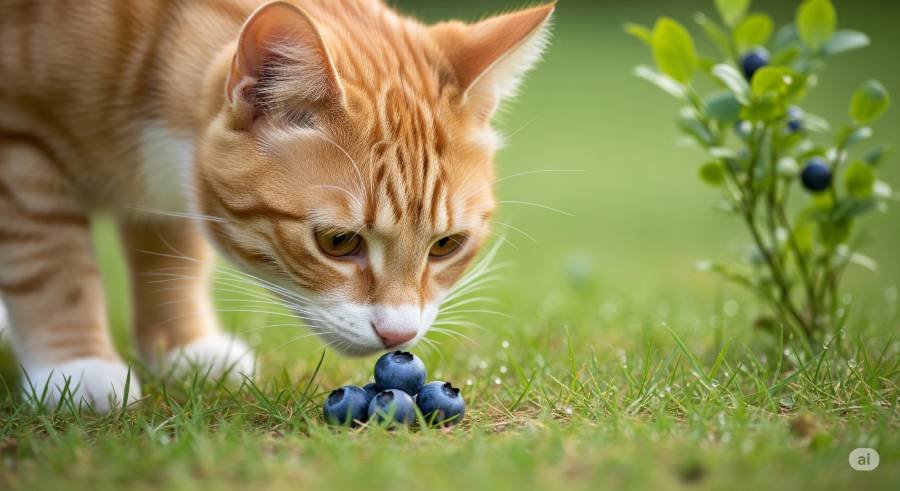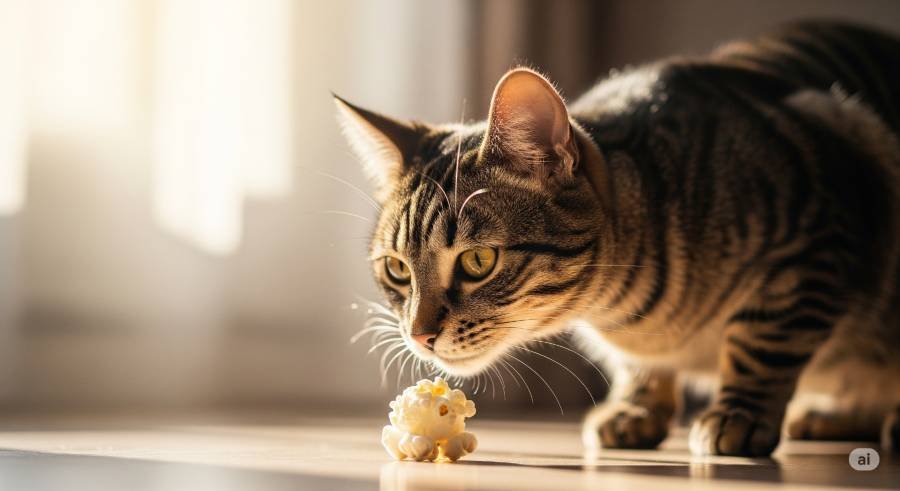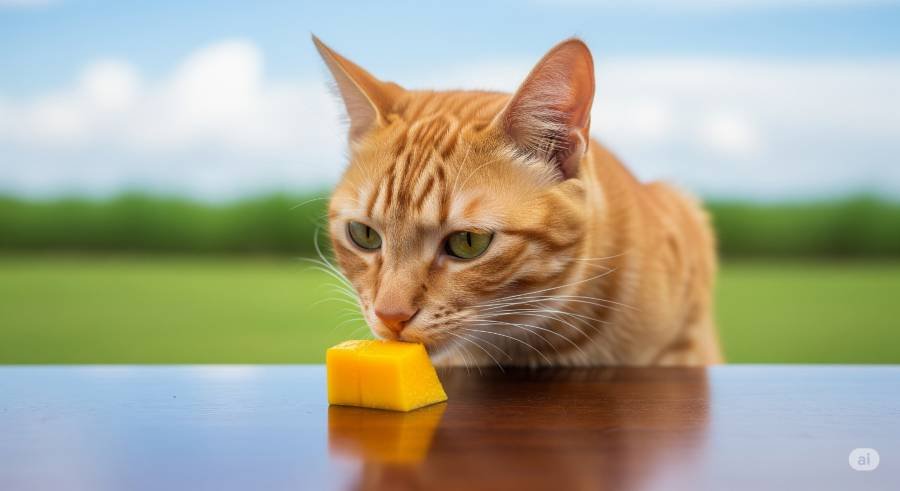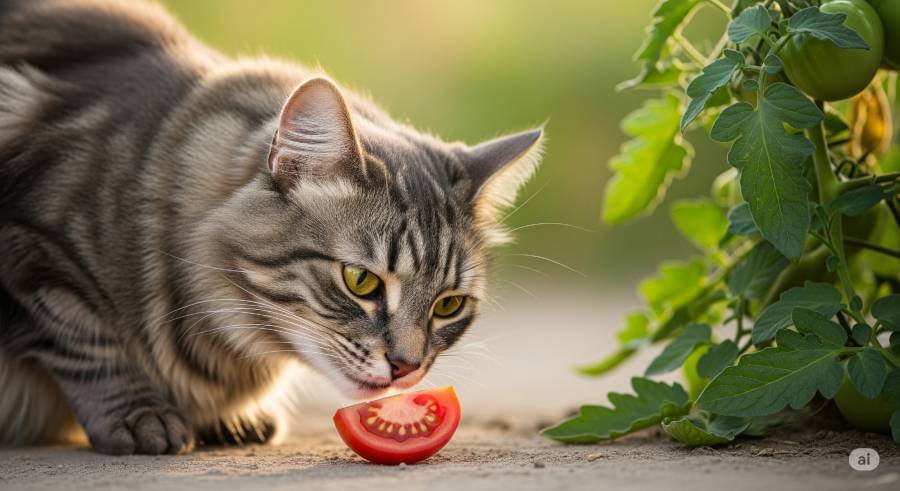Yes, cats can eat carrots, but only in small, cooked amounts. While carrots offer some vitamins and fiber, they should primarily be given as an occasional treat and not as a significant component of a cat’s diet.
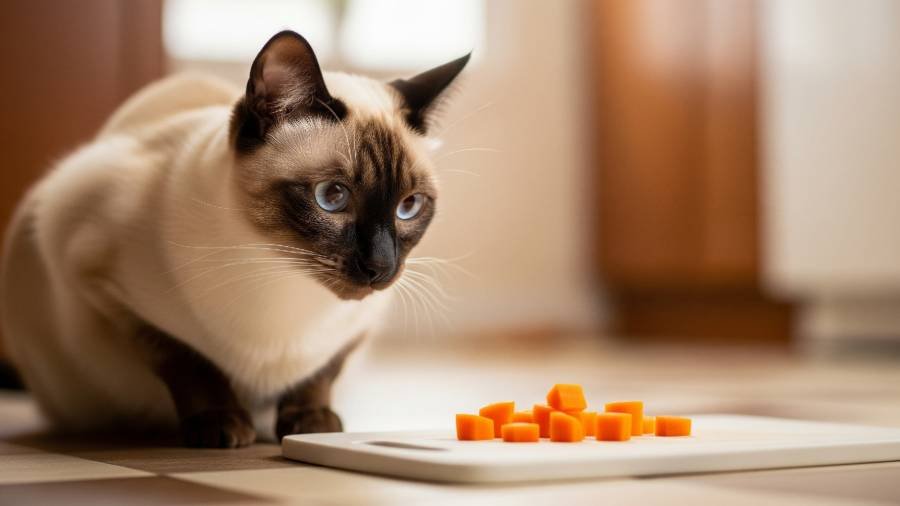
Cats: Obligate Carnivores
Cats are obligate carnivores. This means their nutritional needs are almost entirely met by animal protein. Their digestive system is specifically adapted to efficiently process meat and absorb nutrients from it.
While their bodies can handle small amounts of plant matter, it is not their natural or primary food source. This fundamental biological fact guides all aspects of a healthy cat’s diet.
Benefits of Carrots for Cats (In Moderation)
When properly prepared, carrots can offer minor health benefits for your feline friends. These benefits are supplementary, not foundational.
- Vitamins: Carrots are known for their Vitamin A content. This vitamin is crucial for good vision and a robust immune system. However, cats convert beta-carotene (the precursor to Vitamin A found in carrots) less efficiently than humans. They primarily obtain active Vitamin A from animal sources in their regular cat food.
- Fiber: The dietary fiber present in carrots can support a healthy digestive system. It can aid in regulating bowel movements, potentially alleviating issues like constipation. Fiber may also help manage hairballs by assisting their passage through the digestive tract.
- Hydration: Carrots have a high water content. This can contribute to a cat’s overall hydration, especially beneficial for cats that don’t drink as much water as they should. Maintaining good hydration is important for kidney and urinary tract health.
How to Safely Offer Carrots to Your Cat
Proper preparation is essential to ensure carrots are safe for your cat to eat. Incorrect preparation can pose risks.
- Cook Them Thoroughly: Always cook the carrots until they are soft. Raw carrots are hard and present a significant choking hazard. They are also much more difficult for a cat’s digestive system to break down and process. Steaming or boiling until tender are the best cooking methods.
- Cut into Small Pieces: Once cooked, cut the carrots into very small, bite-sized pieces. This further minimizes the choking hazard and makes them easier for your cat to chew and swallow. A tiny, pea-sized piece is appropriate for most cats.
- Serve Them Plain: Never add any seasonings to carrots you intend to feed your cat. Salt, butter, oils, garlic, and other spices are harmful, and some are even toxic to cats. Plain, cooked carrots are the only safe way to offer them.
- Wash Thoroughly: Always wash raw carrots meticulously before cooking. This removes any dirt, pesticides, or chemical residues that could be harmful to your pet.
How Much and How Often?
Moderation is key when you feed carrots to your cat. Carrots should be considered an occasional treat, not a regular meal component.
- Small Amounts: Offer only a few small pieces, perhaps once or twice a week. Overfeeding can lead to digestive issues.
- Gradual Introduction: When introducing any new human foods, do so slowly. Give a tiny amount first and observe your cat for 24-48 hours. Watch for any signs of digestive upset, such as vomiting or diarrhea.
- Monitor for Reactions: While rare, some cats can have an allergic reaction to new foods. If you notice any unusual symptoms like itching, swelling, or difficulty breathing, discontinue feeding carrots immediately and contact your veterinarian.
When Carrots Are Not Recommended
Certain situations or preparations of carrots should always be avoided.
- Raw Carrots: As emphasized, raw carrots are a firm choking hazard and very difficult for a cat’s digestive system to handle.
- Carrot-based Human Foods: Avoid giving your cat processed human foods containing carrots. This includes carrot cake, carrot juice with added sugars, glazes, or spices. These products often contain ingredients that are high in sugar, unhealthy fats, or potentially toxic to cats. For instance, any product with onions or garlic, even in powder form, is strictly off-limits.
- Cats with Pre-existing Conditions: If your cat has specific health conditions, particularly related to their digestive system, diabetes, or kidney issues, always consult your veterinarian before offering any new foods, including carrots. Their delicate system might react poorly.
Carrots vs. A Balanced Cat Diet
While carrots offer minor benefits, they should never replace a significant portion of your cat’s primary diet. High-quality commercial cat food is formulated to provide all the essential vitamins and minerals your cat needs. This ensures a complete and balanced nutritional intake.
A cat’s diet should be protein-rich, meeting the needs of cats as obligate carnivores. Relying on vegetables like carrots for primary nutrition will lead to deficiencies. Your cat food should be the cornerstone of their health.
Supplementing with too many human foods, even safe ones, can disrupt this balance. A good pet parent understands that treats should be minimal and complementary.
For a broader understanding of what human foods your feline friends can safely consume, refer to resources like: what human food can cats eat.
If you are considering other plant-based options, insights on can cats eat vegetables can be helpful. Similarly, for other specific vegetable inquiries, you might look into can cats eat broccoli or can cats eat pumpkin.
So, can cats eat carrots? Yes, but with strict precautions. Cook the carrots until soft, cut them into tiny pieces, and serve them plain as a rare, occasional treat.
Avoid raw carrots and any human foods containing additives. While carrots can offer minimal benefits like fiber and some vitamins, they are by no means a dietary necessity for cats.
Cats are obligate carnivores, and their health thrives on a balanced, meat-based diet provided by high-quality cat food.
Always consult your veterinarian if you have any doubts about introducing new foods to your cat’s diet or for general advice on your cat’s nutritional needs and potential digestive issues. Ensuring the well-being of your feline friend is paramount.
